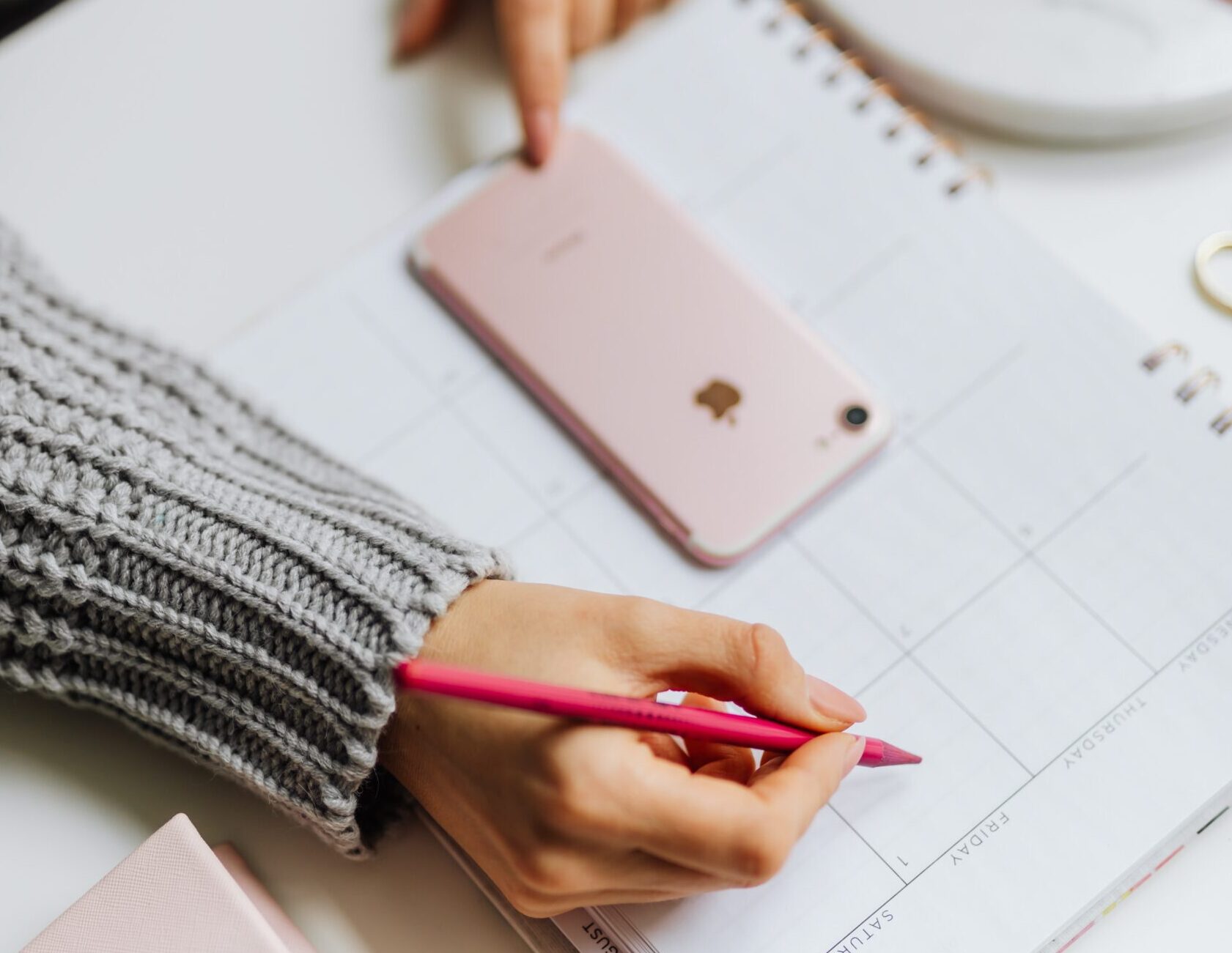A lot of companies offer “sick days” that help you recuperate after COVID and the flu. They can be incredibly helpful in letting your body heal from a physical illness – but what about our mental wellbeing? Have you ever taken a mental health day? It’s OK if you haven’t but it can be a vital part of self care. But how do you take an effective mental health day that actually helps your mental wellbeing? I have some steps for you to take to get the most out of your mental health day.

Plan for It
There’s a misconception that we take mental health days like we take sick days – on a whim when it’s needed. But unlike the flu that rears its ugly head quickly, stressors that affect our mental health pile up for a while before we give in. Taking a mental health day shouldn’t be a spur of the moment decision – to get the most out of it, you should plan ahead for it. Just like when you go on vacation, speak with your boss and square away any deadlines or projects you need to complete before you’re off. It’ll free up your headspace and you won’t have to worry about it. Planning out your mental health day is another way to make it more effective. Plot out a schedule or plan of action that includes relaxing activities, self care rituals, and stress reduction.
Disconnect from Tech…and Work
Most of us live on our devices and while it can be comforting to binge watch an entire season of “Working Moms” on Netflix, it may not be the most effective use of your mental health day. If it induces stress – turn off the notifications and take the app off of your phone’s homepage. We’re talking about social media apps, the news, and all work-related devices that keep you tied up instead of checked out. Avoid checking work-related apps like Slack, Teams, and your email. And that co-worker who calls when they know you’re off for the day? Let it go to voicemail.
Disconnecting from work and technology will help reduce your mental fatigue and give you the space to focus on mentally recharging.
Move It!
While still in the realm of self-care (and maybe self-maintenance for some), getting some exercise can improve your mental health by reducing stress. So, get out and move it! Do yoga, go for a walk, try a boxing class – do something that moves your body to release endorphins which are those natural mood boosters that help reduce stress and anxiety.

Disconnect from Tech…and Work
Most of us live on our devices and while it can be comforting to binge watch an entire season of “Working Moms” on Netflix, it may not be the most effective use of your mental health day. If it induces stress – turn off the notifications and take the app off of your phone’s homepage. We’re talking about social media apps, the news, and all work-related devices that keep you tied up instead of checked out. Avoid checking work-related apps like Slack, Teams, and your email. And that co-worker who calls when they know you’re off for the day? Let it go to voicemail.
Disconnecting from work and technology will help reduce your mental fatigue and give you the space to focus on mentally recharging.
Take Time to Reflect
While on your mental health day, take some time to reflect on your life and what stresses you out. Grab a notebook and a pen to jot down anything you think is important. Not a fan of writing? Take audio notes on your phone. The point is to look at your current situation and evaluate it. What can you change to improve your mental health? Do you need to set boundaries at work? Write it down so you can make a plan for it. Maybe you need help from a therapist – that’s OK, too. Therapy can be a great way to get help with your current situation. But all of it starts with reflecting on what’s going on in your life and what got you to the point of needing a mental health day.

Make Mental Health a Goal…and a Priority
Long-term, you need to make mental health a goal. If you got to a point where you needed a day to work on your mental health, it’s time to evaluate where your mental wellbeing stands on your list of priorities. Sometimes we falsely believe that stressors that affect us are external but sometimes they stem from lack of emotional regulation. Let’s face it, most of us weren’t taught how to deal with our emotions properly and the concept of emotional regulation is foreign to most of us. But regulating your emotions can help you handle stressful situations more effectively. If your emotions tend to run rampant, I created a mini online course called SMART Goals for Emotional Regulation – which could help.
So while you’re making goals for yourself and your personal development, include your mental health on that list.

